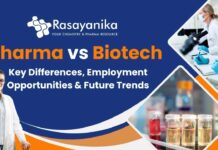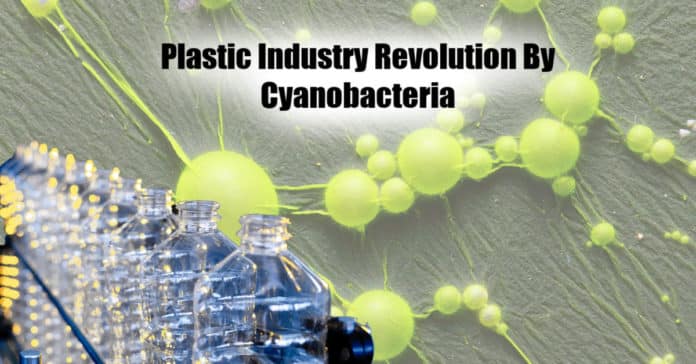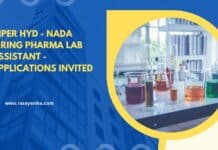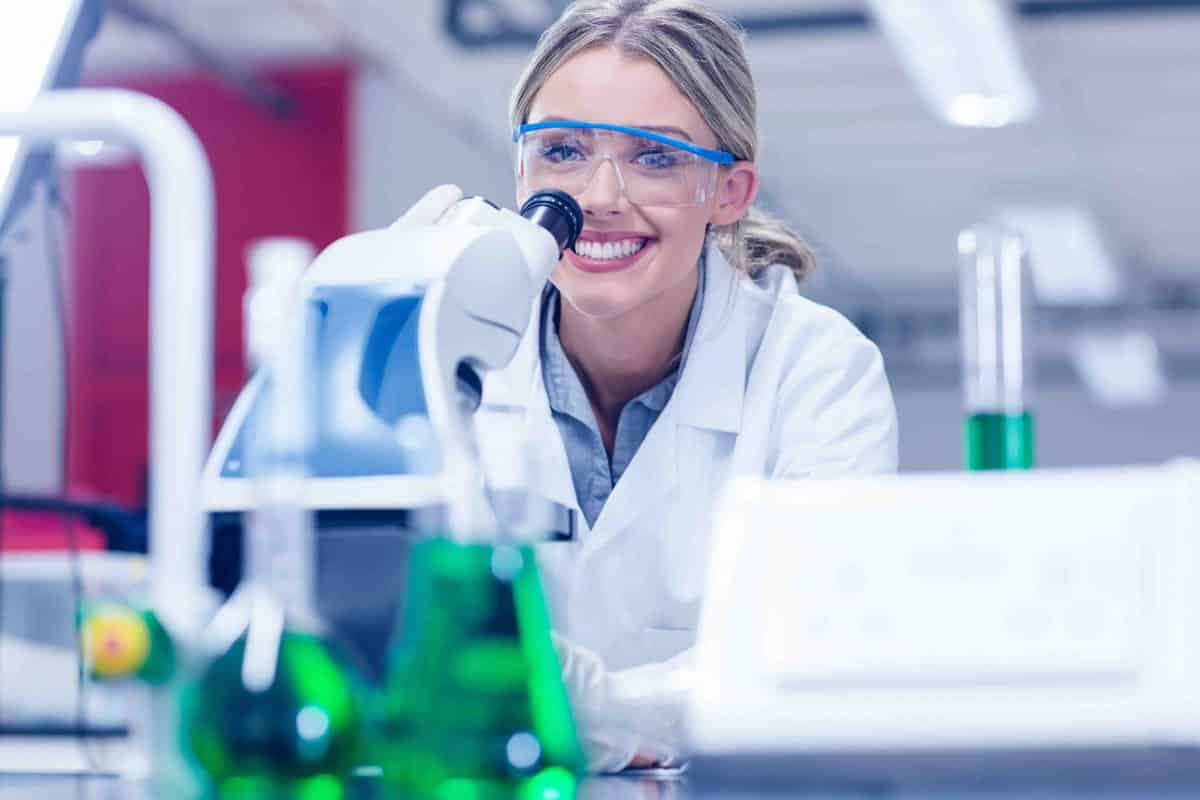Plastic Industry Revolution Could Be Caused By Cyanobacteria
Plastic is naturally produced by Cyanobacteria as a photosynthesis by-product in an environment-friendly and sustainable method. University of Tübingen’s researchers has found a way to alter bacterial metabolism to generate this natural plastic for industrial production. It has the potential to replace plastics produced by petroleum. Interfaculty Institute of Microbiology and Infection Medicine’s Professor Karl Forchhammer leads the team that has published the research results in the journals PNAS and Microbial Cell Factories.
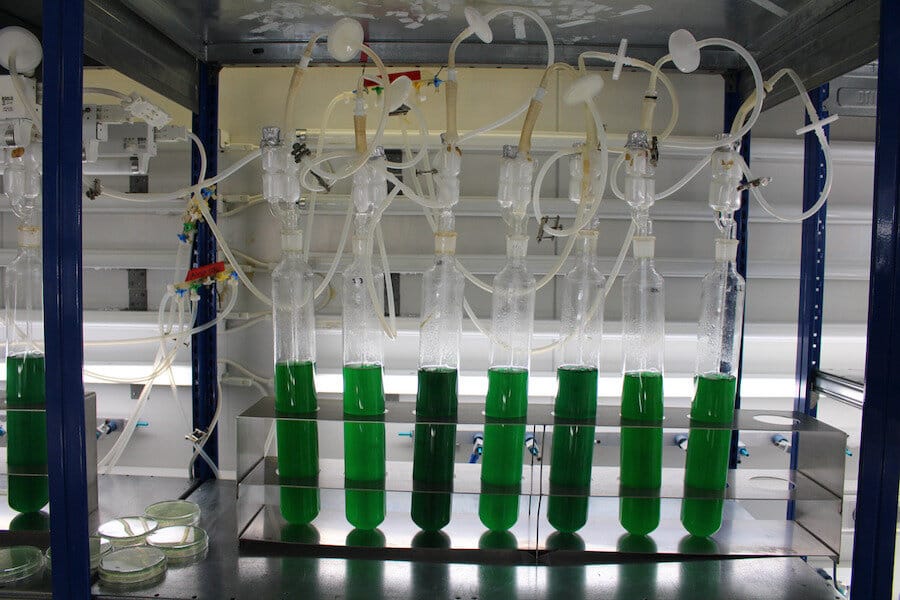
The inexpensive and versatile plastic is expected to be produced globally with an increase of 40% in the next 10 years. Meanwhile, it is causing severe problems in the environment. It pollutes both land and air when the petroleum-based material is combusted to form CO2. This necessitates the need for a plastic industry revolution.
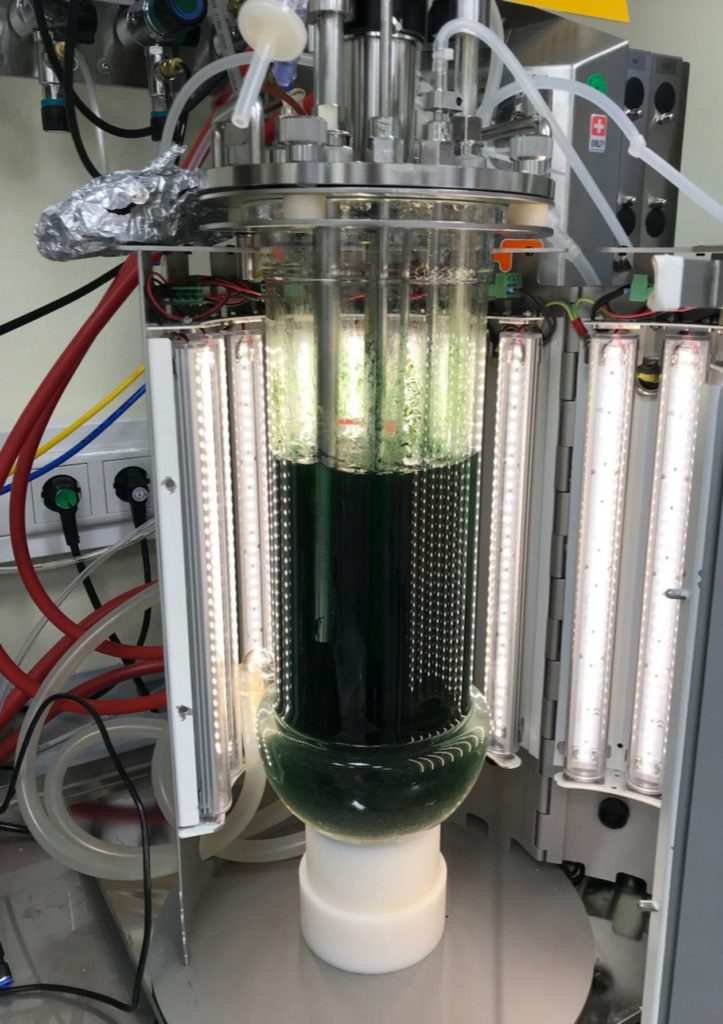
Synechocystis is a genus of Cyanobacteria that synthesizes PHB (Polyhydroxybutyrate) that is pollutant-free and biodegradable. It can be used like polypropylene in various ways. However, bacteria can synthesize it in very minute amounts. The research group has found a way to limit intracellular fixed carbon flow for PHB by identifying a regulatory system that performs this action. Surprisingly, more than 80% of the cell’s total mass comprises PHB after applying genetic changes and disabling the corresponding regulator. The study’s (published in Microbial Cell Factories) first author Dr. Moritz Koch said they had developed a veritable plastic bacteria.
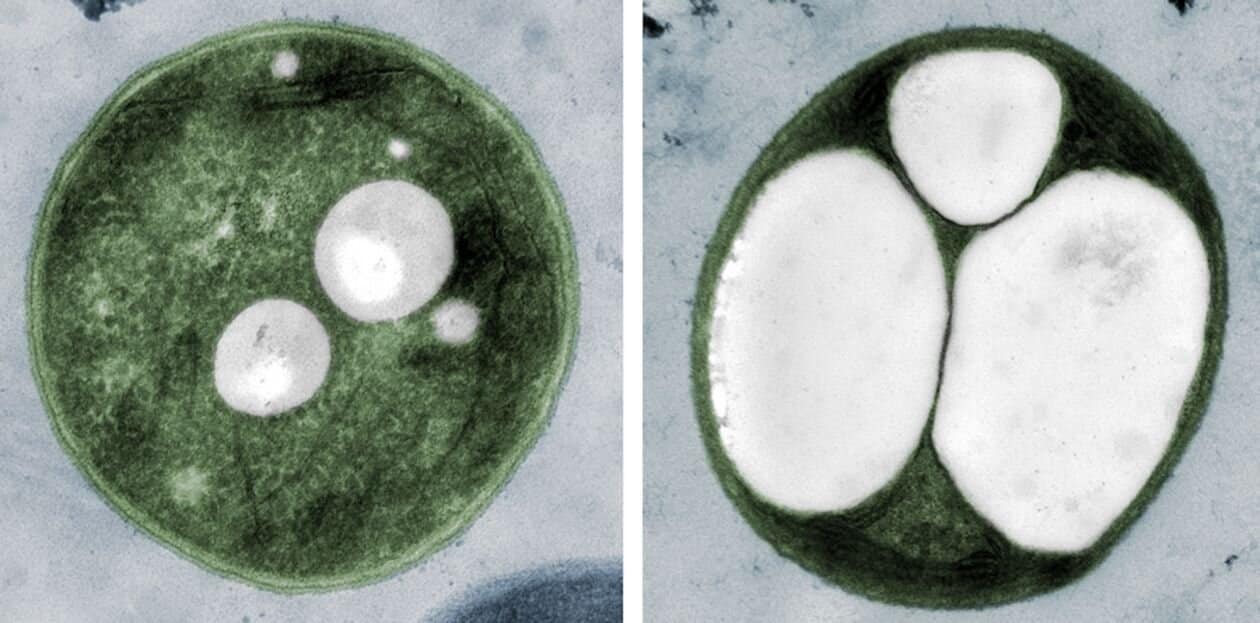
Blue-green algae or microalgae are what Cyanobacteria are known as. They are the vital organisms that created the ozone layer 2.3 billion years ago and created the Earth’s atmosphere and now can cause plastic industry revolution. Koch calls them the hidden champions while acknowledging their incredible potential to produce climate-friendly and sustainable products while requiring only sunlight, CO2, and water. The goal is to enable large-scale industrial production of this bioplastic.













